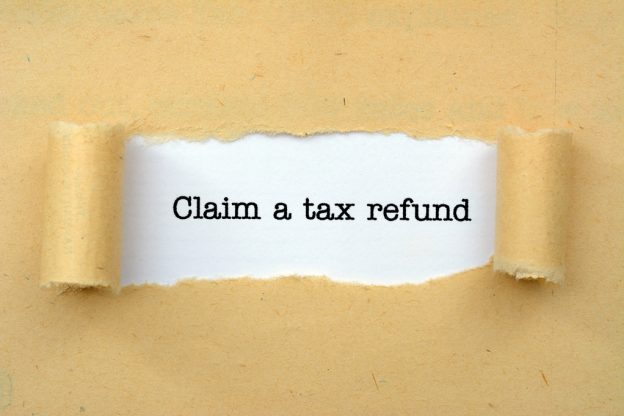
HMRC is warning UK taxpayers who are employed and want to claim a tax rebate for work expenses to be careful about the type of expenses they claim for, and how they send their claim to HMRC for processing.
A tax rebate for expenses of employment can be claimed by contacting HMRC directly or you can choose to use an accountant, tax advisor or a specialist tax refund company.
It is a choice if you want to pay a business to help you with your tax affairs, but HMRC is aware that some people have used tax refund companies in error.
Through their “don’t get caught out” campaign HMRC warns:
“Don’t get caught out by online adverts and tax refund companies who offer to make work expense claims for you so they can claim a commission. If it turns out you aren’t eligible to claim, you’re still responsible for any claims made on your behalf”.
One of the aims of the HMRC “don’t get caught out campaign” is to let everyone know that it is perfectly acceptable to use a business to help you claim a tax rebate, as long as you are aware of all of their terms and conditions and that you are confident that they offer a reputable service that you are happy using.
Understanding what type of tax rebate you may be entitled to is key before making a claim to avoid trying to reclaim a refund of tax for a cost that isn’t allowable by HMRC.
The tax office points out that if you use an agent to represent you that promises a refund of tax that appears too good to be true – it probably is.
Be aware that if a tax refund is secured through self assessment by completing a tax return HMRC can check the tax return after a rebate has been paid out and ask for the money back if they are not satisfied that the expenses claimed are allowable.
Five important points HMRC asks everyone to consider are:
- Never sign a blank tax return for a tax agent to fill in.
- Always review a tax return thoroughly before approving it.
- A tax agent should always ask for receipts.
- Should never ask you to share your Government Gateway ID.
- HMRC will never endorse an agent.
HMRC tax rebate claim evidence requirements are important
When you have identified what you can legitimately claim for the next step is to clarify if you need to have evidence to prove the cost(s) you have incurred.
For many expenses HMRC needs evidence (in the form of receipts for example) to be provided with each claim.
The form P87 is designed specifically for employed taxpayers who pay income tax through the PAYE system to claim back tax relief on allowable work related costs.
Evidence is expected to be provided with form P87 unless you are claiming for a flat rate expense that covers the cost of an expense like uniform washing.
A tax rebate claim for expenses that is worth £2,500 or more will normally need to be made on a self assessment tax return which replaces the P87 form.
HMRC may request evidence relating to a PAYE tax rebate claim for expenses entered on a tax return either before processing any calculated refund or in the future after a refund has already been repaid.
Understand how your tax code is affected
The tax code you have before you claim a tax rebate may already include employment expenses so it’s best checking before claiming to avoid trying to reclaim an allowance you are already receiving.
A common example would be the flat rate expense for the washing of work uniform which will typically result in an allowance worth £60 being awarded.
In reality this would change a standard 1257L tax code to a higher code of 1263L.
HMRC produces your tax code and sends your employer a copy so they can deduct the right amount of income tax from your pay.
Your HMRC personal tax code or HMRC’s downloadable app let’s you check if any tax allowances are included in your current code.
Claiming a tax rebate directly from HMRC
Making a claim for a tax rebate for expenses yourself is achievable by using the P87 process via .GOV and HMRC does have a tax helpline if you want to phone them or you can use their webchat.
Using a tax agent is an alternative if you would rather pay a business to manage your tax rebate claim for you.
Like using any service the key is to be fully aware of who you are doing business with and their terms, conditions and fee structure.
HMRC reference: https://dontgetcaughtout.campaign.gov.uk/claiming-expenses/







